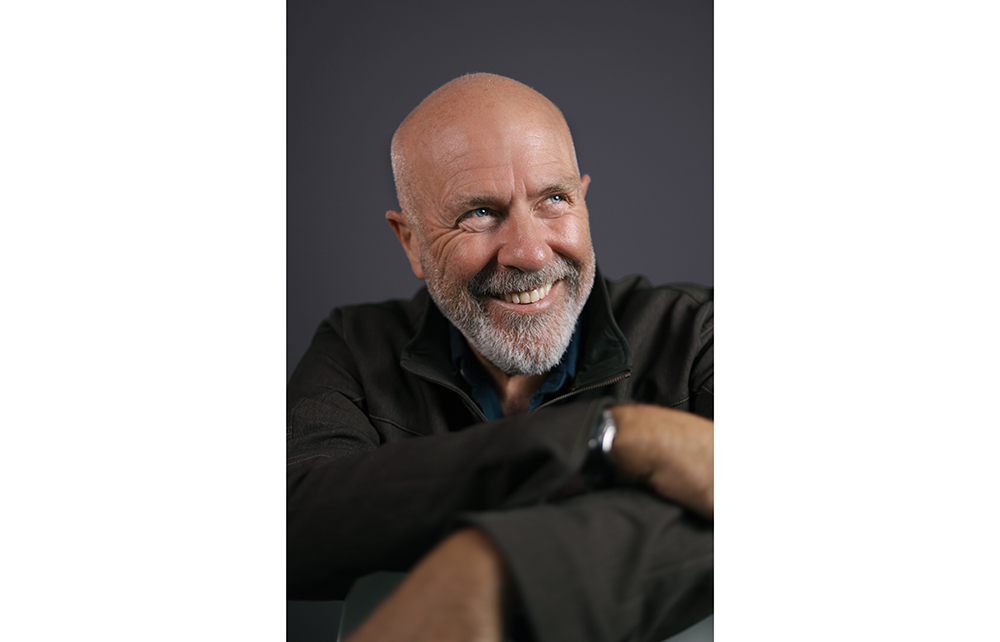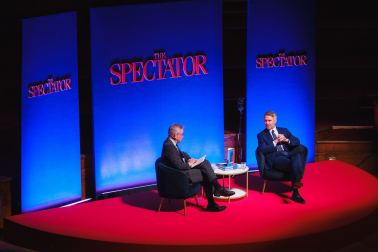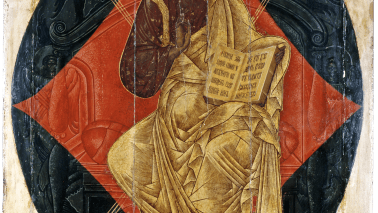‘Is it because we see our world only darkly that we surround ourselves with lies we call time, history, reality, memory, detail, facts?’ Richard Flanagan’s memoir opens at the Ohama coal mine in Japan, once home to his father and a host of other POW slave labourers. It then spirals outwards via his childhood (in a remote Tasmanian settlement), his much-put-upon mother (who hoped Richard would become a plumber), his semi-present, kindly, traumatised father Archie (enshrined in The Narrow Road to the Deep North) and on through all the now-familiar Flanagan themes. These include the horror of drowning; the Dickensian characters of 19th-century Van Diemen’s Land; the mighty Huon pine; the monstrous origins of modern Australia; man’s insane war against nature; fabulous lost books; wildfire; James Joyce; and the incommodious and vicious recirculation of historical time – the ripples resetting, sporadically, to the moment Major Thomas Ferebee of the US Air Force released the world’s first atom bomb on 6 August 1945.
‘Why do we do what we do to each other?’ Flanagan asks, retooling Chekhov’s infamous mathematical riddle: ‘That’s question 7.’ Oh, and whether that unprepossessing horndog H.G. Wells was in fact the father of atomic warfare. No self-respecting Flanboy would have been hoping for a dully chronological autobiography – but still; that’s quite a lot to pack into 288 pages.
There are some facts, such as Flanagan’s decision, aged four, that he would like to be a writer; his not-uncomplicated Tasmanian heritage; and his entirely disheartening time at Oxford in the 1980s.








Comments
Join the debate for just £1 a month
Be part of the conversation with other Spectator readers by getting your first three months for £3.
UNLOCK ACCESS Just £1 a monthAlready a subscriber? Log in